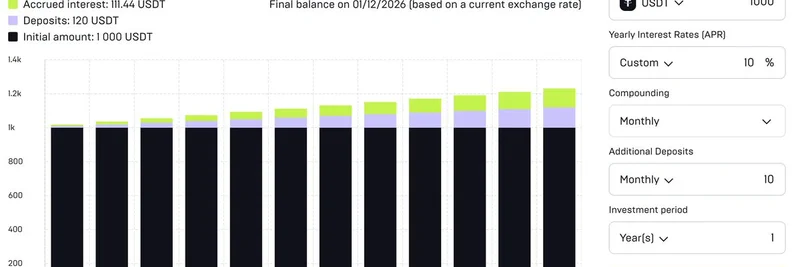Hey there, crypto enthusiasts and blockchain buffs! If you’ve been keeping an eye on the latest tech trends, you might have stumbled across an intriguing update from Malwarebytes. They recently shared that Let’s Encrypt, a popular provider of free SSL/TLS certificates, has started rolling out certificates for IP addresses. This might sound like a niche tech tweak, but it’s got big implications for security—and yes, even for the wild world of meme tokens and blockchain tech. Let’s break it down!
What Are Let’s Encrypt IP Certificates?
First things first: Let’s Encrypt is like the superhero of the internet, handing out digital “passports” (certificates) to websites to prove they’re legit and keep your data safe with encryption. Normally, these certificates are tied to domain names—like “meme-insider.com”—but now, they’re branching out to IP addresses, which are the numerical labels (e.g., 192.0.66.233) that computers use to find each other online. According to Let’s Encrypt’s official announcement, this move has been in the works for a while, and it’s finally hitting the scene, with full rollout expected later in 2025.
These new IP certificates are short-lived—lasting only about six days—to keep things secure. That’s a smart move, but it also means you’ll need a compatible tool (like an ACME client) to manage them. For legit users, this opens doors for securing devices or services that don’t rely on domain names, which is pretty cool!
The Security Upside
So, why is this a big deal? Well, IP-based certificates can help secure all sorts of internet-connected gear—think IoT devices, servers, or even niche blockchain nodes. For blockchain practitioners, this could mean better protection for decentralized networks, which often use IP addresses directly. It’s a step toward making the internet safer, and that’s something we can all get behind, right?
The Cybercrime Catch
But here’s where it gets spicy. As Malwarebytes points out, this new feature isn’t just a gift for the good guys—it’s also a playground for cybercriminals. Imagine a hacker snagging a certificate for an IP they control, then crafting a fake website (say, a phishing page mimicking a payment provider). They could trick you into entering your login details, and with that green padlock showing “secure” in your browser, you might not even suspect a thing!
This is especially risky in the meme token space, where scams are already rampant. A shady actor could use an IP certificate to make a fake token sale site look legit, luring in unsuspecting investors. Scary stuff!
Balancing Act: Security vs. Risk
Let’s Encrypt isn’t blind to this. They’re rolling out these certificates with short lifespans and monitoring systems to catch abuse. Security pros are also advised to keep an eye on certificate transparency logs to spot suspicious activity. It’s a double-edged sword—offering convenience and security for legit users while giving cybercriminals a new tool to exploit.
What This Means for Blockchain and Meme Tokens
For those of us in the blockchain world, this is a heads-up. As meme token projects grow, securing infrastructure is key. IP certificates could help protect wallets or nodes, but we also need to watch for phishing attempts targeting our community. Staying informed and using tools like multi-factor authentication can keep you one step ahead.
Final Thoughts
Let’s Encrypt’s move into IP certificates is a game-changer, blending opportunity with caution. Whether you’re a blockchain developer or just a meme token fan, understanding this shift can help you navigate the digital landscape safely. Keep an eye on Malwarebytes and Let’s Encrypt for updates, and let’s stay vigilant together!
Got thoughts on this? Drop them in the comments—we’d love to hear from you!

